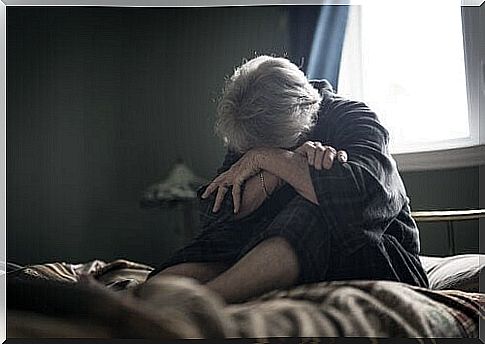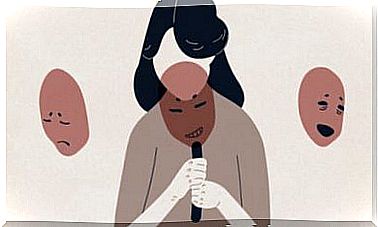Depression In The Elderly

Depression is not a homogeneous diagnosis. It changes according to certain characteristics and the background of each person. Various factors such as age, gender, and socioeconomic levels affect how depression occurs. Depressed children are more likely to be irritated or angry than sad. It is also common for children to have more physiological symptoms of depression and difficulty sleeping. Depression in the elderly is again quite different.
Epidemiological statistics show that elderly people with depression also have more certain characteristics. As a result, providing universal, similar care to all patients is ineffective.
Sometimes people interpret the symptoms of depression in older people as a normal part of aging, which means not focusing on their specific symptoms. In addition to this, medications used for depression are not always the best options for older people.
Many elderly people living in nursing homes suffer from clinical depression. It is difficult for many of them to explain their symptoms. Usually, they describe their symptoms as somatic. Thus, elderly people with depression often complain of difficulty sleeping, lack of energy, aches and pains, etc. The overlap between physical illness and depression means that health professionals often misdiagnose their patients.

Depression in the elderly: symptoms
- Longer depressive episodes that oppose traditional medication.
- Elderly people suffering from depression do not express feelings of uselessness or guilt, unlike middle-aged people.
- Alexithymia, or the inability to express emotions verbally, is a common symptom.
- They experience hallucinations and delusions.
- Negative symptoms such as apathy, lack of eye contact, or lack of response to the environment.
- Physical symptoms that mask mental symptoms such as anorexia, phobias, hypochondria, and anxiety.
- Higher risk of suicide, especially in men living alone.
- Psycho-motor acceleration with severe anxiety, or atypical inhibitions.
- Irritability.
- Significant sleep problems, especially disorders such as insomnia or somnolence.
- Anxiety somatizations are common.
- Cognitive impairment that has to do with other symptoms and tends to improve as mood improves. In the elderly, this affects functionality and memory the most.
The importance of a support network in the elderly with depression
Prevention of depression in older patients is really significant. Researchers at Lowenthal and Haven conducted a study that showed how important it is for the elderly to have someone to trust. Social support not only improves the mental health of the elderly, but also their physical well-being.
The study found that older people with a social support network had lower mortality statistics compared to those who were more isolated. Many studies show that there is a significant link between social support networks (marriage, friendships, environmental satisfaction, etc.) and a reduced risk of heart disease.
And that’s not all, as a social support network also means that seniors are more likely to take better care of their own health and follow medical treatment plans. Satisfactory relationships in old age increase immunocompetence and regulate stress.
Loneliness increases the risk of depression
Loneliness is also a significant factor in the name of psychological health. Elderly people who are alone or feel alone are more likely to suffer from depression. Thus, a social support network can protect older citizens from stress and anxiety.
Studies show that pets also help fight depression and anxiety in the elderly.

An excellent way to fight depression is to create networks of friendship where people have similar interests. Engaging in joint leisure activities with friends or a spouse can make it easier for senior citizens to adjust to retirement.
Elderly people who spend time with friends or pets are less likely to suffer from depression. They are more likely to enjoy good health and do not have to resort to health services as much.
As prevention is always the best option, it is essential to ensure that older people have follow-up and opportunities to develop their own well-being and satisfaction.








